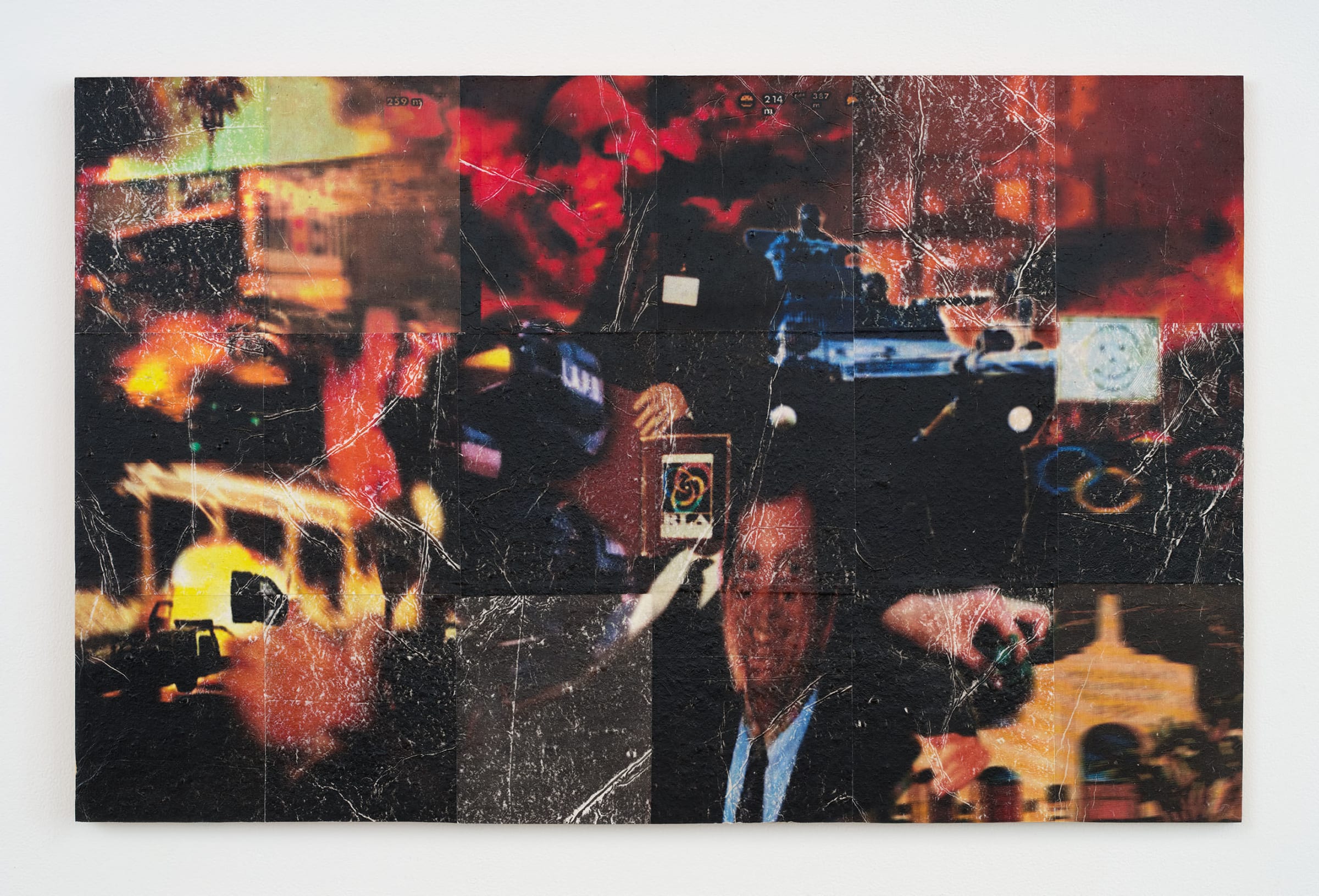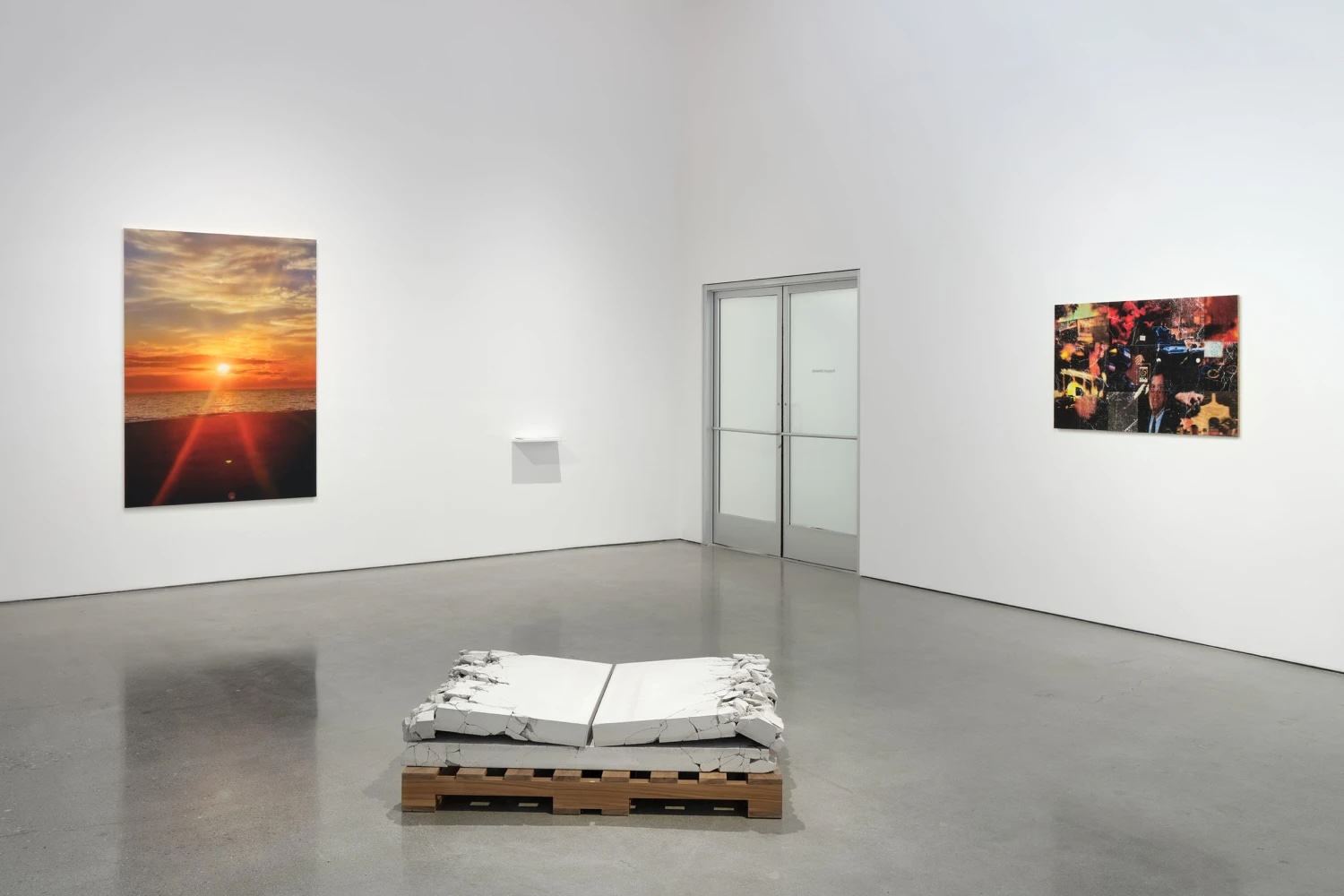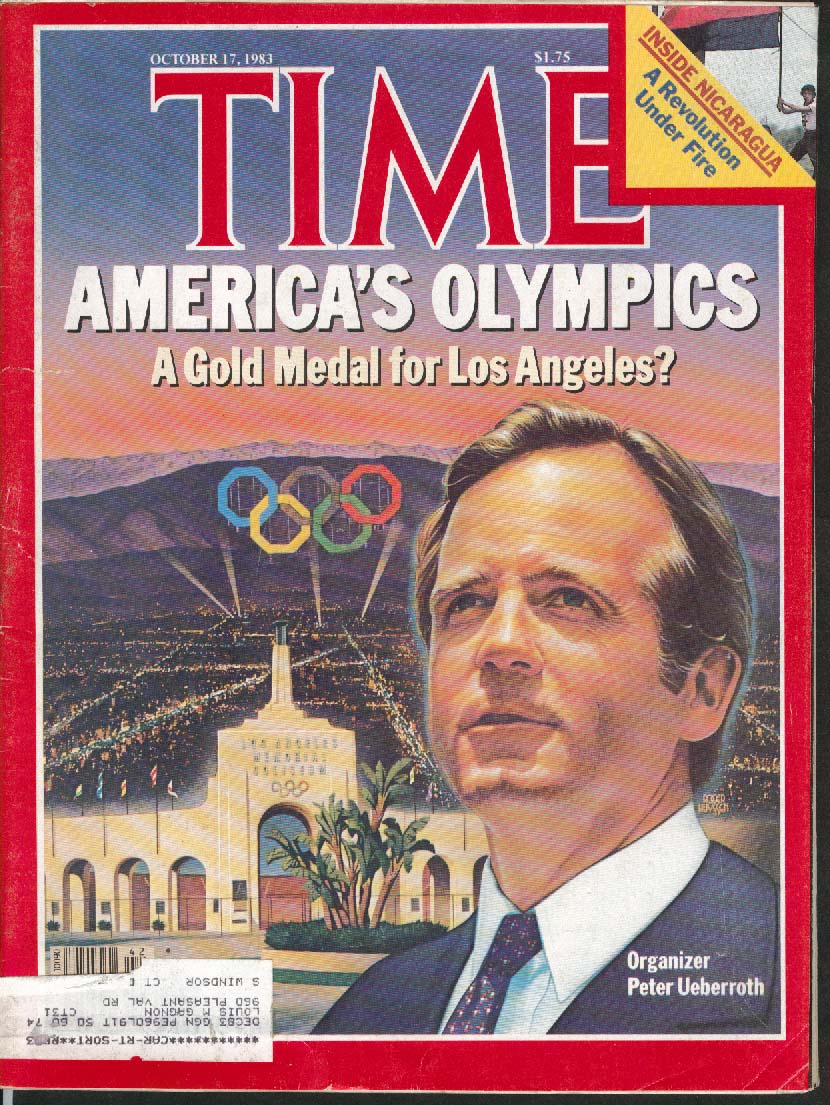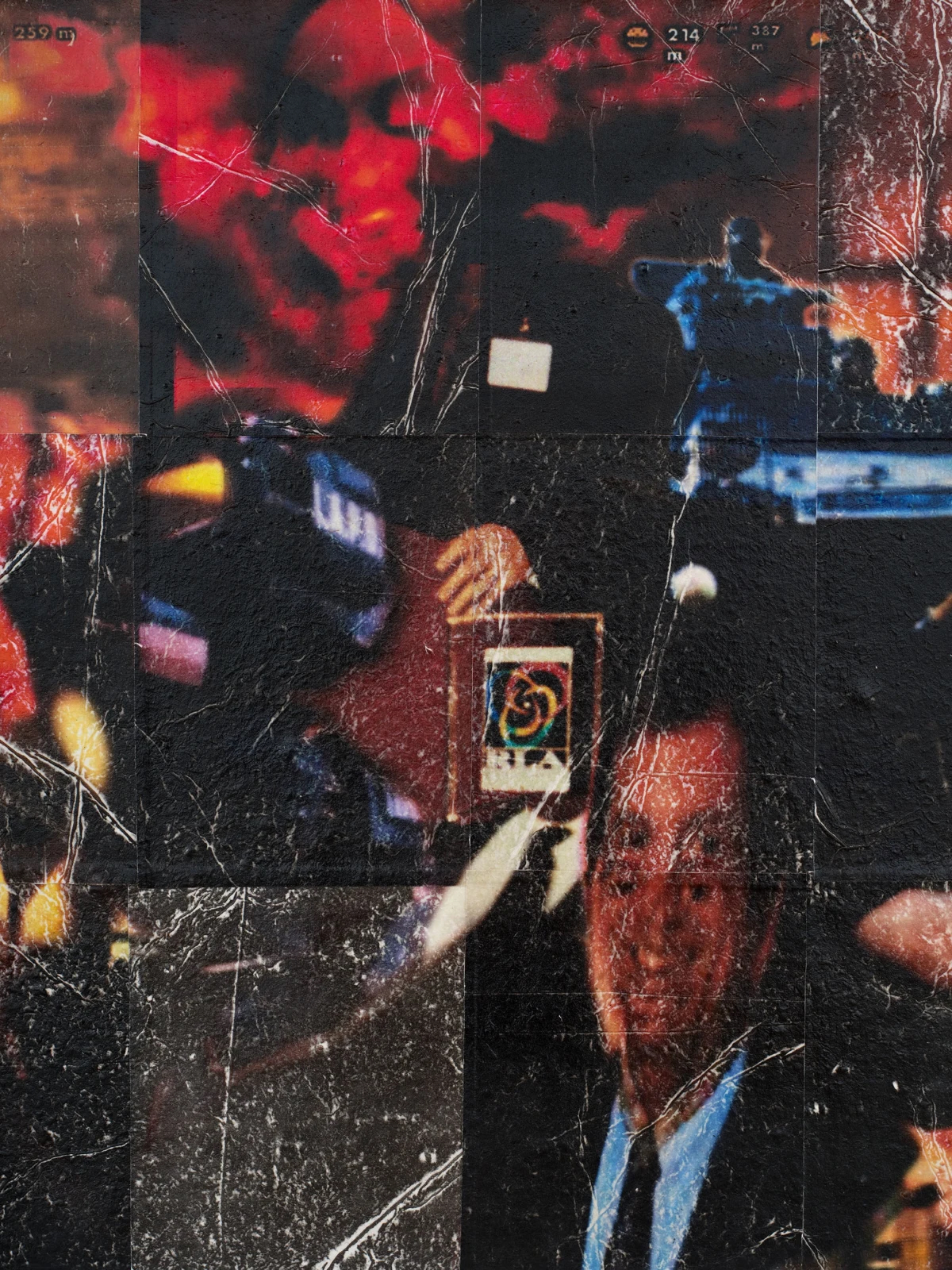The Garden (Ueberrothian
render pipelines and
winking hammers)
2024
Laser print on handmade paper, automotive clear coat, plywood
28.5” × 45”
Laser print on handmade paper, automotive clear coat, plywood
28.5” × 45”


Scupper
Curated by Carlos Agredano
François Ghebaly
September 7 - October 12, 2024
Carl Cheng, Sophie Friedman-Pappas, Sayre Gomez, David L. Johnson, Rindon Johnson, Maren Karlson, Harrison Kinnane Smith, Teresa Margolles, Park McArthur, Ed Ruscha, Analia Saban, Cielo Saucedo, Jesse Stecklow, Charlotte Zhang
Curated by Carlos Agredano
François Ghebaly
September 7 - October 12, 2024
Carl Cheng, Sophie Friedman-Pappas, Sayre Gomez, David L. Johnson, Rindon Johnson, Maren Karlson, Harrison Kinnane Smith, Teresa Margolles, Park McArthur, Ed Ruscha, Analia Saban, Cielo Saucedo, Jesse Stecklow, Charlotte Zhang
Zhang’s recent research centers on the 1992 Los Angeles riots and the classification of the “riot” at large – both as a criminalizing instrument and the articulation of an unrehearsed spillage of intensities which exceeds the coherence of authorized politics, charting lines of racial and economic disparity which dissect the city, and the intimacies between law enforcement, property, and the propertied.
In her new work, The Garden (Ueberrothian render pipelines and winking hammers) the edges of images dissolve upon impact in an explosive, disjointed landscape punctuated by smiling faces and burning cars. The composition is printed on a grid of handmade paper, each individual sheet a unique blend of pulps and detritus. Through references to the infamous “Weed and Seed” program, the hyper-militarization of the LAPD engendered by the 1984 Olympics, as well as the failed post-riot Rebuild Los Angeles venture headed by Olympics mastermind and business magnate Peter Ueberroth, Zhang considers the collapse of celebration and terror which defines the latter 20th Century in Los Angeles, where policing is consolidated with social services and corporate tax breaks constitute “urban renewal”. These shifting configurations of power depend on a narrative of the city as a garden, but one overtaken by weeds – though Zhang’s work implies there were never any flowers to protect, only a violent symbolic order which defines who must be liquidated, and provides a framework of profit and pleasure for doing so.
In her new work, The Garden (Ueberrothian render pipelines and winking hammers) the edges of images dissolve upon impact in an explosive, disjointed landscape punctuated by smiling faces and burning cars. The composition is printed on a grid of handmade paper, each individual sheet a unique blend of pulps and detritus. Through references to the infamous “Weed and Seed” program, the hyper-militarization of the LAPD engendered by the 1984 Olympics, as well as the failed post-riot Rebuild Los Angeles venture headed by Olympics mastermind and business magnate Peter Ueberroth, Zhang considers the collapse of celebration and terror which defines the latter 20th Century in Los Angeles, where policing is consolidated with social services and corporate tax breaks constitute “urban renewal”. These shifting configurations of power depend on a narrative of the city as a garden, but one overtaken by weeds – though Zhang’s work implies there were never any flowers to protect, only a violent symbolic order which defines who must be liquidated, and provides a framework of profit and pleasure for doing so.

